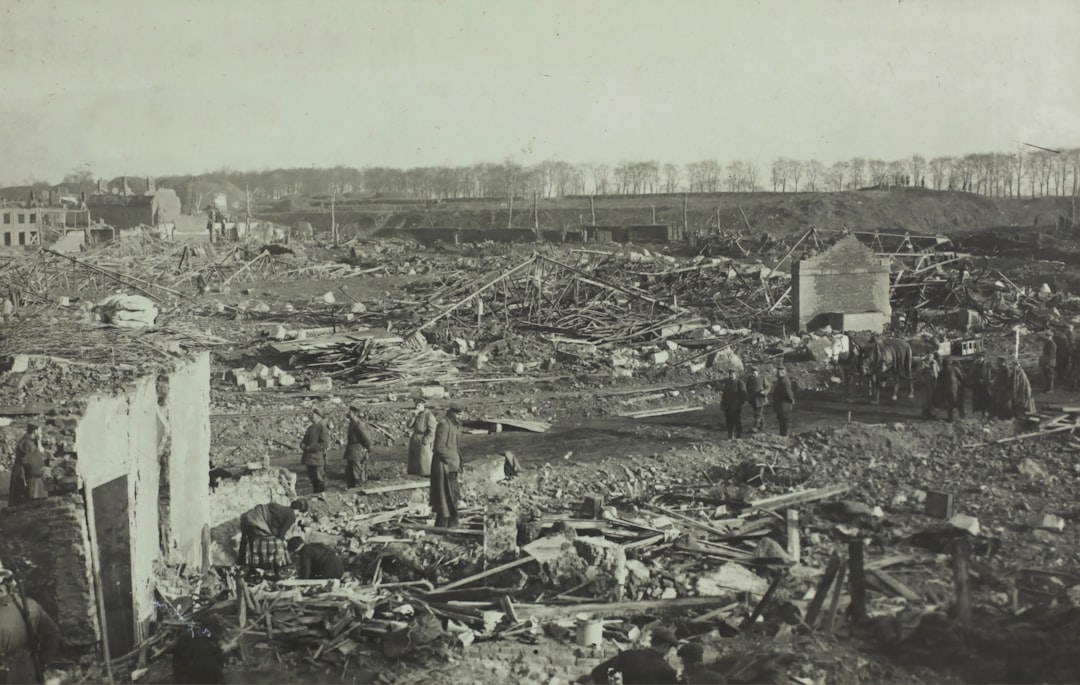'I Have No Pain Left To Feel'
Some brief reflections on suffering, victimhood, and violence.
As some of you know, I started in a new position at The Washington Post as a columnist and member of the Editorial Board (announcement here). Obviously, this is a big shift after being at Brookings for 14 years. My debut column came out last week, titled "In the Israeli-Palestinian debate, you might be wrong. Be humble." It’s possible you might hate it,…




